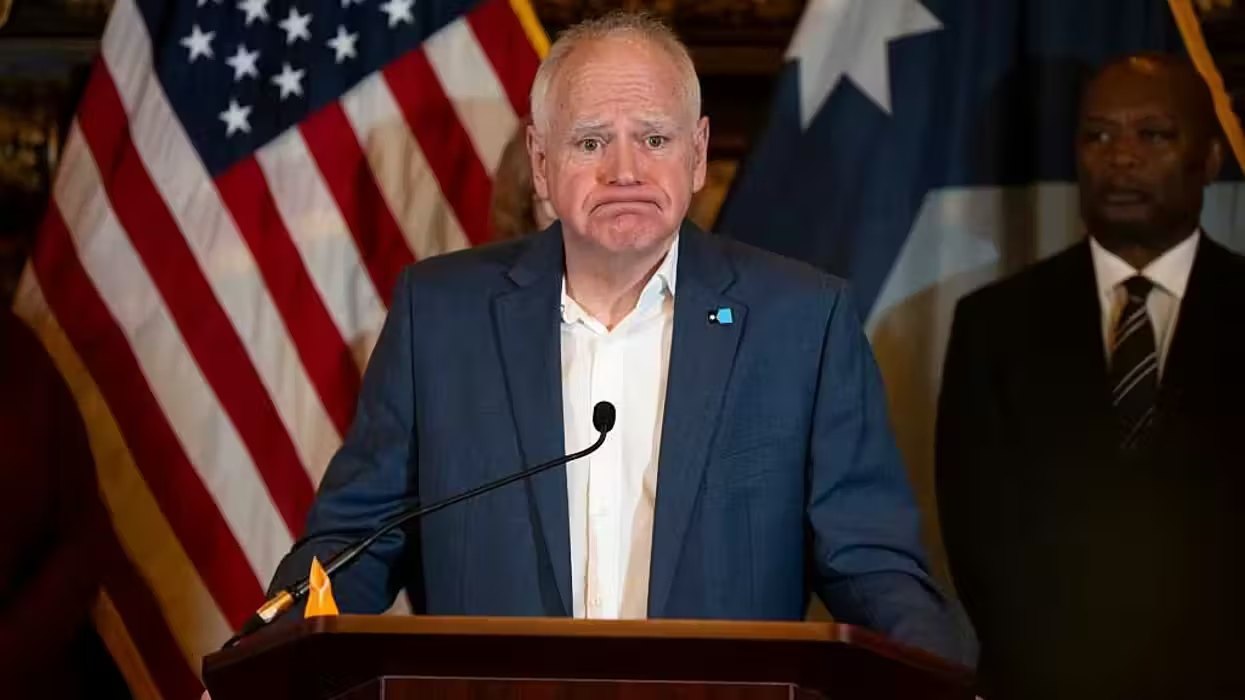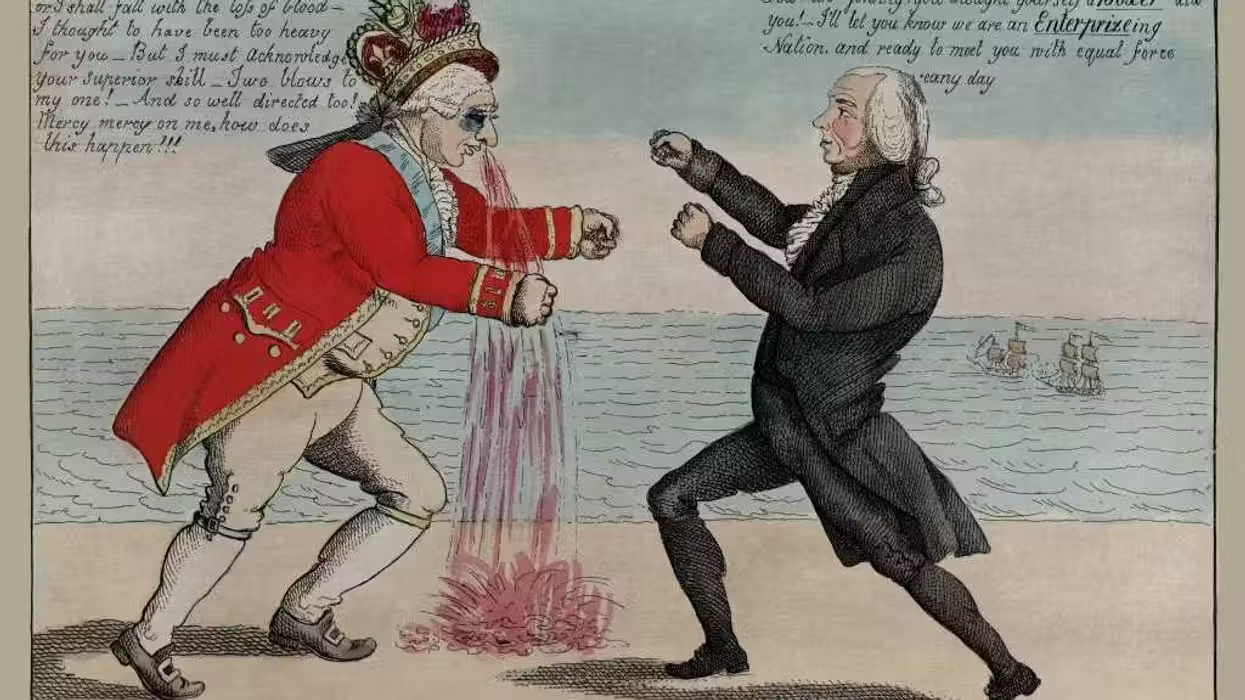
© 2026 Blaze Media LLC. All rights reserved.
A Milton Friedman-approved method for improving education.
Glenn Beck and Kyle Olson’s new book, “Conform,” is about Common Core specifically, the state of public education in America more generally, and how to improve our system going forward with a set of practical, market-based reforms. In Chapter 4, Glenn and Kyle address the notion that "teachers' unions put kids first."
In case you missed Parts I, II, III or IV of Kyle's series on Common Core and public education, be sure to check them out too.
-
Free market economist Milton Friedman decried the government education system in the 1950s, before it was easy to do.
He criticized the government monopoly on education, and specifically called for the decoupling of government funding of education from government administration of education. He was a supporter of public financing of a child’s education – because there is a clear societal benefit – but not its delivery mechanism. After all, a bureaucracy with little to no competition inevitably becomes inefficient and expensive, while its quality declines.
 Noted economist Milton Friedman. (Image Source: Associated Press)
Noted economist Milton Friedman. (Image Source: Associated Press)
Friedman’s solution was school vouchers – a reform unheard of at the time. The parent could take the funds the state would devote to a child’s education and direct them to a school option of the parent’s choice. Employing market forces, all schools would compete for the opportunity to educate the child. The school’s focus would inevitably turn to teacher quality, academic excellence and pleasing the parents. Teachers would win, too: schools would want only the best and would be required – through market forces – to compensate them commensurately.
Friedman believed there was a just profit motive to education that would spur innovation and creativity, and thus, excellence.
Sadly, there was little momentum behind Friedman’s transformational reform.
Today, there are voucher programs in Indiana, Milwaukee, Washington, D.C., and elsewhere around the country. But it has been an uphill battle, and the school employee unions and other government school defenders have been successful in beating back other voucher program attempts.
 Students in South Bend, Indiana, enter a Catholic school they attend using a state voucher. (AP)
Students in South Bend, Indiana, enter a Catholic school they attend using a state voucher. (AP)
While some are being stifled in their attempts to implement market reforms, others are pushing even beyond vouchers. Education Savings Accounts are the newest reform taking hold. ESAs operate like a health savings account. Funds would be deposited by the state each year and the parents could choose how to spend them, with some restrictions.
For example, a parent could pay tuition for a music class at a public school and a math class at a charter school, an on-line history course, a curriculum for homeschooling and tutoring for a student that needs specialized help.
It would turn the system on its head, but that’s not the point. The point is to meet the educational needs of and ensure a next generation of educated citizens.
The education system that 90% of American students live with is antiquated, stifles freedom and creativity, and worse, is actually harmful to many students.
We need to break the mold of simply sending our children to the school the government tells us to, and hoping for the best.
Common Core has unfortunately thrown a wrench in the gears of the private sector, which would drive innovation and excellence in education. And too often, I have seen conservative or libertarian critics of Common Core adopt the socialist line and attack the “privatization” of education. Sadly, they would prefer to prop up a government education system that is not serving thousands if not millions of students each year.
By embracing reforms like ESAs, we can empower parents, unleash competitive forces and allow the market to create better educational opportunities for all students.
Because after all, we believe in the individual, not the collective. We believe parents know what’s best for their children, not a faceless government school bureaucracy that is about more funding and preserving turf (and power) than the education of children. We believe that the education system should be run like Apple, not Amtrak.
–
TheBlaze contributor channel supports an open discourse on a range of views. The opinions expressed in this channel are solely those of each individual author.
Want to leave a tip?
We answer to you. Help keep our content free of advertisers and big tech censorship by leaving a tip today.
Want to join the conversation?
Already a subscriber?
more stories
Sign up for the Blaze newsletter
By signing up, you agree to our Privacy Policy and Terms of Use, and agree to receive content that may sometimes include advertisements. You may opt out at any time.
Related Content
© 2026 Blaze Media LLC. All rights reserved.
Get the stories that matter most delivered directly to your inbox.
By signing up, you agree to our Privacy Policy and Terms of Use, and agree to receive content that may sometimes include advertisements. You may opt out at any time.






